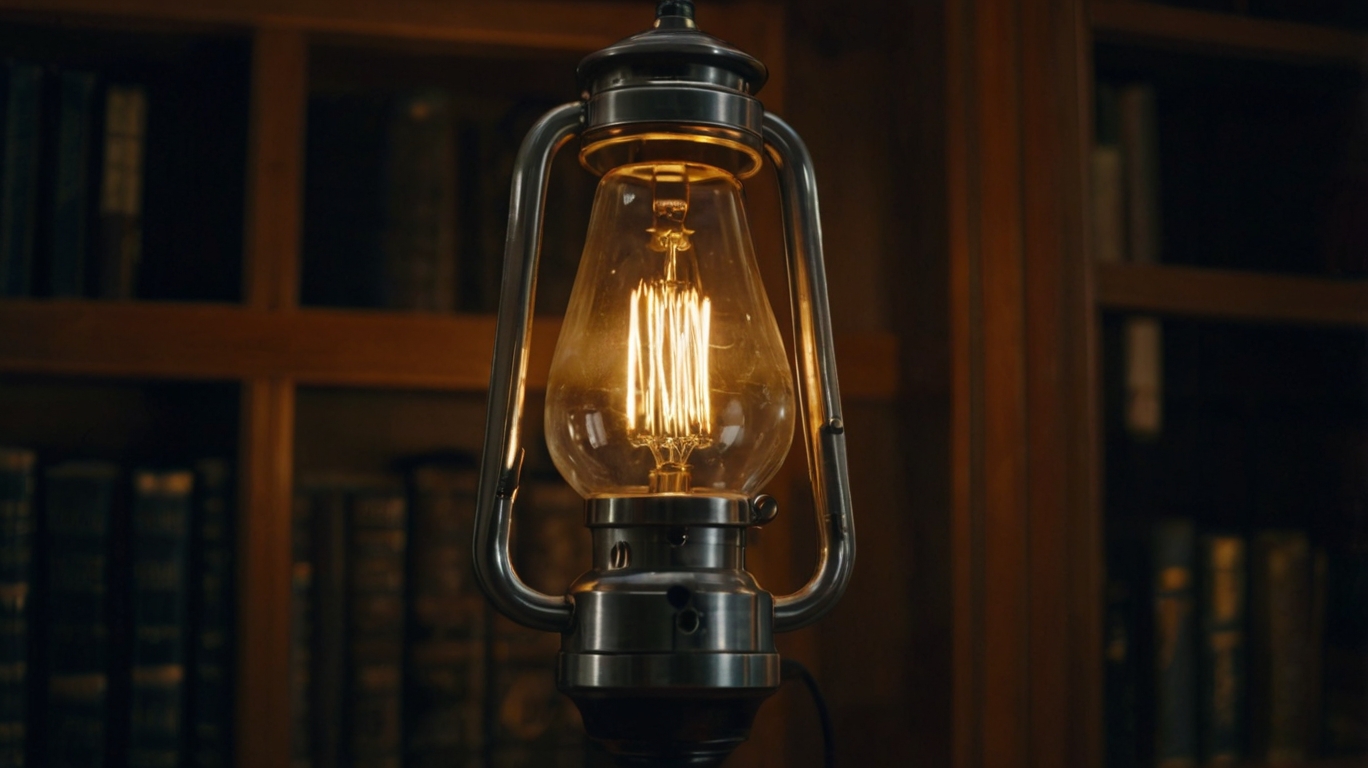Inventions that changed the world has always been at the heart of human progress. From primitive tools to cutting-edge technology, the inventions that changed the world have shaped societies, economies, and cultures. This article delves into the most transformative inventions, exploring their origins, impacts, and legacies.
The Wheel: The Foundation of Modern Transport
Arguably one of the most important inventions in human history, the wheel revolutionized transportation and trade. Invented around 3500 BC in Mesopotamia, it enabled the development of carts, carriages, and eventually modern vehicles. Without the wheel, today’s global economy would not be feasible.
The wheel’s adaptability is also worth noting; its principles apply to machinery, manufacturing, and even modern robotics. Truly, the wheel set the stage for countless other technological advancements.
The Printing Press: Spreading Knowledge Like Wildfire
Invented by Johannes Gutenberg in the 15th century, the printing press democratized knowledge. Books, which were once the preserve of the elite, became accessible to the masses. This invention fueled the Renaissance, Reformation, and Scientific Revolution, proving that access to information is the catalyst for progress.
The printing press paved the way for modern publishing, education, and even the digital sharing of knowledge we see today.
Inventions That Changed- Electricity: Powering the Modern World
The discovery and harnessing of electricity in the 19th century transformed every aspect of daily life. Pioneers like Benjamin Franklin, Nikola Tesla, and Thomas Edison played critical roles in making electricity a household necessity. From powering homes to enabling industries, electricity is the backbone of the modern world.
Without electricity, innovations like the internet, computers, and artificial intelligence would not exist.
The Internet: The Ultimate Global Connector
Fast-forward to the 20th century, and we encounter the internet—a revolutionary invention that redefined communication, commerce, and culture. Originally developed for military use, it has become the foundation of modern life.
The internet connects billions, enabling everything from social interaction to economic transactions. Its impact is so profound that it continues to shape industries, economies, and even politics.
Penicillin: The Miracle of Modern Medicine
Discovered by Alexander Fleming in 1928, penicillin marked the dawn of antibiotics. It saved countless lives by treating bacterial infections that were once fatal. This medical breakthrough significantly increased life expectancy and set the stage for modern pharmacology.
Penicillin remains a symbol of the transformative power of science.
Inventions That Changed: The Ripple Effects of Invention
Each of these inventions that changed the world had ripple effects beyond its immediate impact. The wheel led to industrial machinery. The printing press laid the groundwork for the digital revolution. Electricity powers nearly every modern device. The internet created a borderless world, and penicillin revolutionized medicine.
Inventions That Changed: What’s Next for Innovation?
As we celebrate past inventions, it’s crucial to look ahead. Emerging technologies like artificial intelligence, renewable energy, and space exploration could define the next chapter of human history. By understanding the inventions that changed the world, we gain insight into how innovation shapes our future.
What do you think will be the next great invention? Share your thoughts below!

